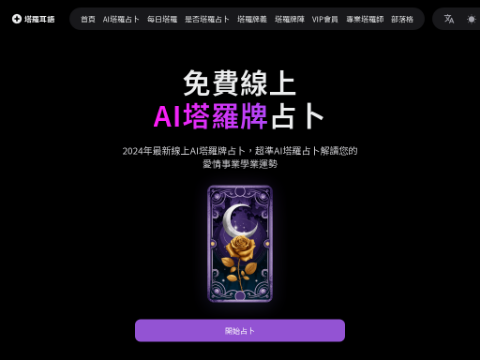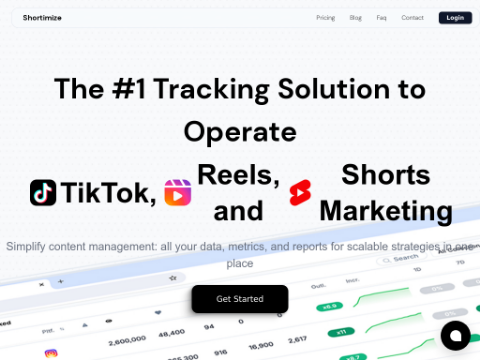This week, at the Robotics Learning Summit in Munich, NVIDIA introduced a range of innovative AI tools and announced a partnership with Hugging Face, aiming to enhance the accessibility of advanced robotics technologies for developers and researchers.
The collaboration merges Hugging Face’s LeRobot open-source framework with NVIDIA’s AI and robotics technologies to create a unified ecosystem, enabling developers to access and build upon each other’s work. This initiative has the potential to accelerate advancements in industries such as manufacturing, healthcare, and logistics automation.
One of NVIDIA's major announcements is Project GR00T, a program focused on developing humanoid robots. The project launched six specialized workflows that cover various aspects, from environment generation to robot control and perception. These tools assist developers in addressing complex challenges, such as teaching robots to walk, manipulate objects, and interact naturally with their surroundings.
Hugging Face’s LeRobot framework aims to extend popular AI library paradigms like Transformers and Diffusers into the robotics field and will integrate with NVIDIA’s Isaac Lab and Jetson platforms. This integration will enable developers to share and leverage models and datasets, enhancing robot training, strategy development, and deployment.
Unlike language models that learn from internet text, robots require physical interaction data, which is more difficult to collect at scale. NVIDIA’s Isaac Lab framework addresses this by allowing developers to train robots in simulated environments before deploying them in the real world.
Furthermore, NVIDIA has launched new tools to help developers build world models—environmental AI representations that predict robots’ behavioral responses. The Cosmos tokenizer processes visual data twelve times faster than current solutions while maintaining high image quality, and the NeMo Curator tool increases video processing speed by sevenfold, making it easier for developers to use real-world data to train robots.
Currently, several leading robotics companies, including Boston Dynamics, Agility Robotics, and 1X Technologies, have begun adopting these new tools. Eric Jang, AI Vice President at 1X Technologies, emphasized the benefits of these tools: “NVIDIA’s Cosmos tokenizer achieved high temporal and spatial compression of our data while maintaining visual fidelity.”








